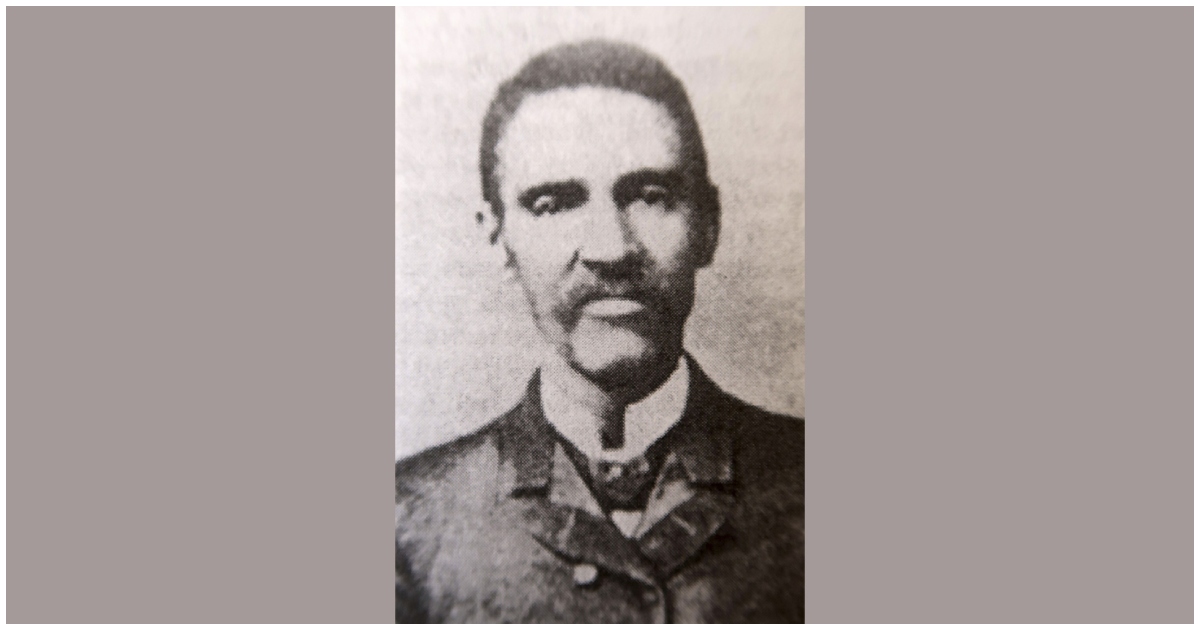John J. Bird broke barriers as the first Black trustee at the University of Illinois in 1873. His appointment marked a significant milestone in higher education and civil rights. A new book by Wayne Pitard, emeritus professor at the University of Illinois, sheds light on Bird’s remarkable life and achievements.
Pioneering Leadership in Post-Civil War Illinois
Bird emerged as a prominent figure in Illinois politics during the tumultuous years following the Civil War. He championed the cause of education for Black children and fought tirelessly for civil rights. His efforts helped transform Cairo, Illinois, into a progressive haven for the Black community.
As a young man, Bird moved to Cairo, where he quickly rose to leadership in the local Black Republican organization. His skillful organizing and powerful oratory united Black and white Republicans, creating a stronghold of political equality in southern Illinois.
Breaking Racial Barriers in Education and Politics
- First Black trustee of the University of Illinois (1873)
- First Black elected judge in Illinois (Police Magistrate in Cairo, 1873)
- First Black state appointee in Illinois
- Helped establish a public school for Black children in Cairo
- Advocated for integration of public businesses
- Led efforts to elect Black officials to city and county government
- Played a key role in state conventions setting priorities for the Black community
- Pushed for laws enforcing voting rights and prohibiting discrimination
- Became editor of the influential State Capital newspaper in Springfield (1887)
Bird’s accomplishments were groundbreaking for his time. He became the first Black elected judge in Illinois, serving as Police Magistrate in Cairo. His appointment to the University of Illinois Board of Trustees in 1873 likely made him the first Black board member of any predominantly white university in the United States.
Throughout his career, Bird fought to improve educational opportunities for Black students. He helped establish a public school for Black children in Cairo and advocated for higher education access. His efforts extended beyond education, as he pushed for integration of public businesses and the election of Black officials to local government.
Navigating Complex Political Landscapes
Bird’s political journey wasn’t without challenges. He often found himself at odds with his own Republican Party, criticizing their waning support for Black voters’ concerns. His integrity and willingness to cross party lines led him to support a Democratic nominee for Illinois Secretary of State, a move that strained his relationships within the Republican Party.
Despite facing fierce racist backlash from white supremacists, Bird remained committed to his principles. His ability to work across racial and party lines earned him respect from unexpected quarters, including John Oberly, a formerly racist Democratic newspaper editor who came to admire Bird’s character and accomplishments.
Legacy and Rediscovery
For nearly a century, John J. Bird’s contributions to Illinois history faded from public memory. Wayne Pitard’s new book, “Watchman, Tell Us: John J. Bird and Black Politics in Post-Civil War Illinois,” aims to rectify this oversight. Published by Southern Illinois University Press, the book explores Bird’s life and the broader context of Black leadership in the post-Civil War era.
Pitard’s research highlights the importance of understanding African American communities beyond Chicago. By uncovering Bird’s story, we gain valuable insights into the struggles and triumphs of Black leaders who shaped Illinois history during a pivotal time of social transformation.





